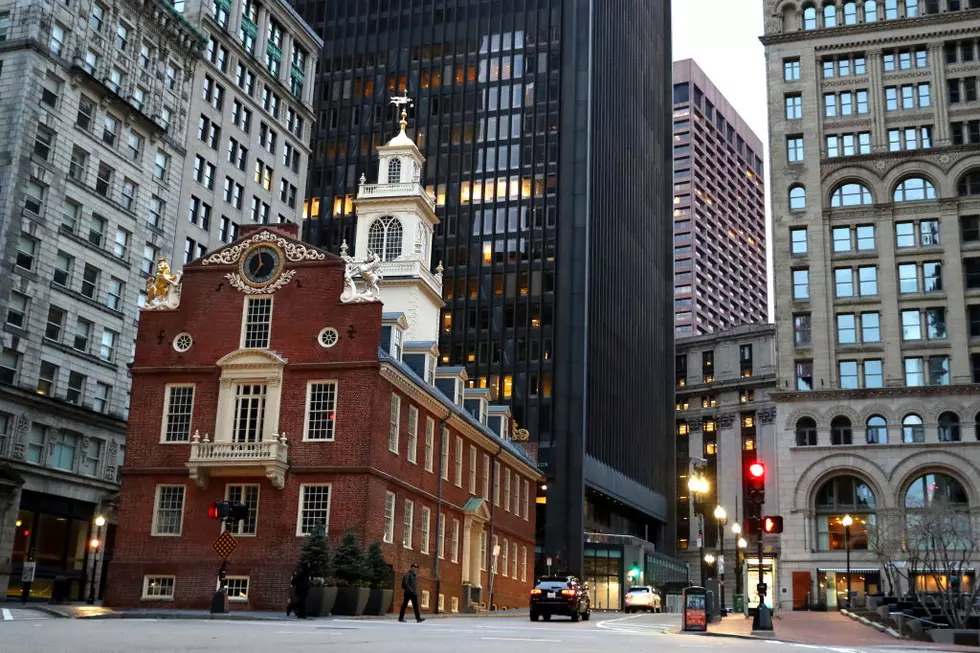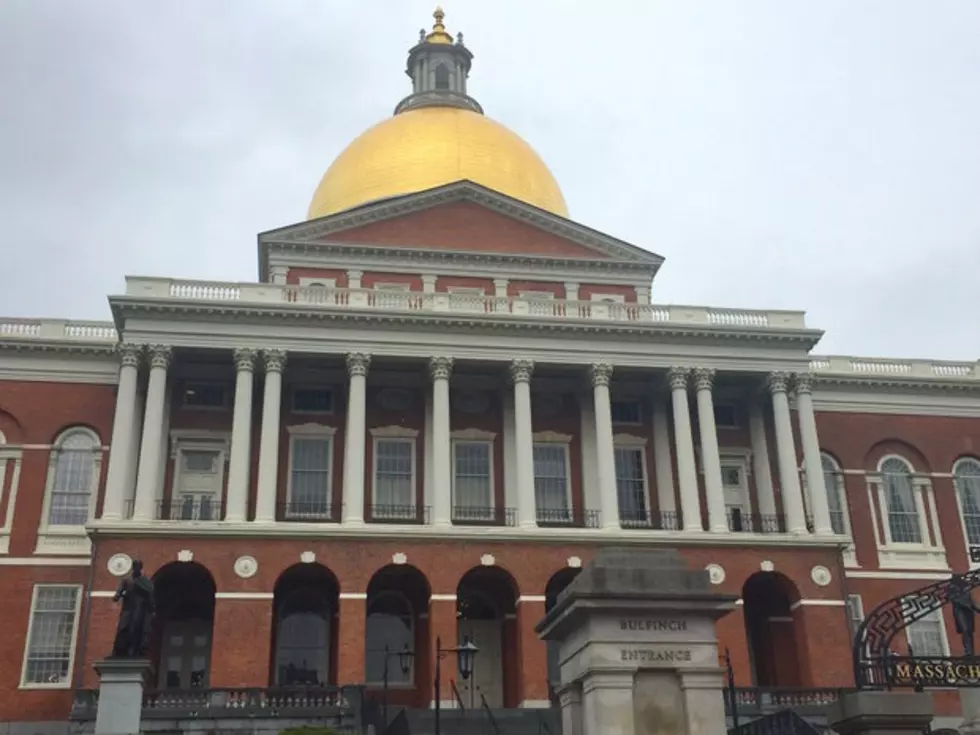
World-Altering Event Occurred at This Massachusetts Landmark
Chances are you've passed by this old red brick building at 206 Washington Street in Boston and noticed how out of place it looks against a backdrop of modern skyscrapers made of concrete, steel and glass. Maybe you even cared enough to wonder about its origin.
How did this little building get here and why is it still standing?
The building is the Old State House a/k/a the Old Provincial State House. It's an historic building built in 1713 and was once the seat of the Massachusetts General Court (Massachusetts Legislature) until 1798.
Situated at the corner of Washington and State Streets, it is one of the oldest public buildings in the United States.
The "Towne House" acted as a merchant's exchange on the first floor, according to the National Park Service (NPS).
"The second floor served as the seat of colonial and later state government throughout the 1700s," according to the NPS.
The NPS says, "The royal governor, appointed by the King of Great Britain, held his office in the building until 1775, and from the balcony he gave voice to the King, 3,000 miles removed from London."

Bostonians first heard the Declaration of Independence read from the same balcony and 200 years later Britain's Queen Elizabeth celebrated America's Bicentennial from there.
So why is the Old State House still relevant in 2024?
The Boston Massacre occurred in front of the Old Provincial State House on the night of March 5, 1770, as an unruly group of colonists taunted British soldiers by throwing snowballs and rocks.
The NPS says, "Firing upon the crowd, the British killed five colonists, including Crispus Attucks," an American whaler, sailor, and stevedore of African and Native American descent from Framingham, Massachusetts.
The Library of Congress says the Boston Massacre "helped galvanize Boston and the colonies against the mother country."
READ MORE: The Boston Photographer Who Claimed to Capture Lincoln's Ghost on Film
John Adams, as a young lawyer and the future president served as counsel for the defense in the trial of eight British soldiers accused of murder" in the Boston massacre. Adams argued the men acted in self-defense.
All eight were found not guilty of murder. Two were convicted of manslaughter.
Spend a Day in the City at These Popular Museums in Boston, Massachusetts
Gallery Credit: Meg
8 Things I'll Bet You Don't Know About the Boston Sitcom 'Cheers'
Gallery Credit: Jon Rineman
More From WBSM-AM/AM 1420









